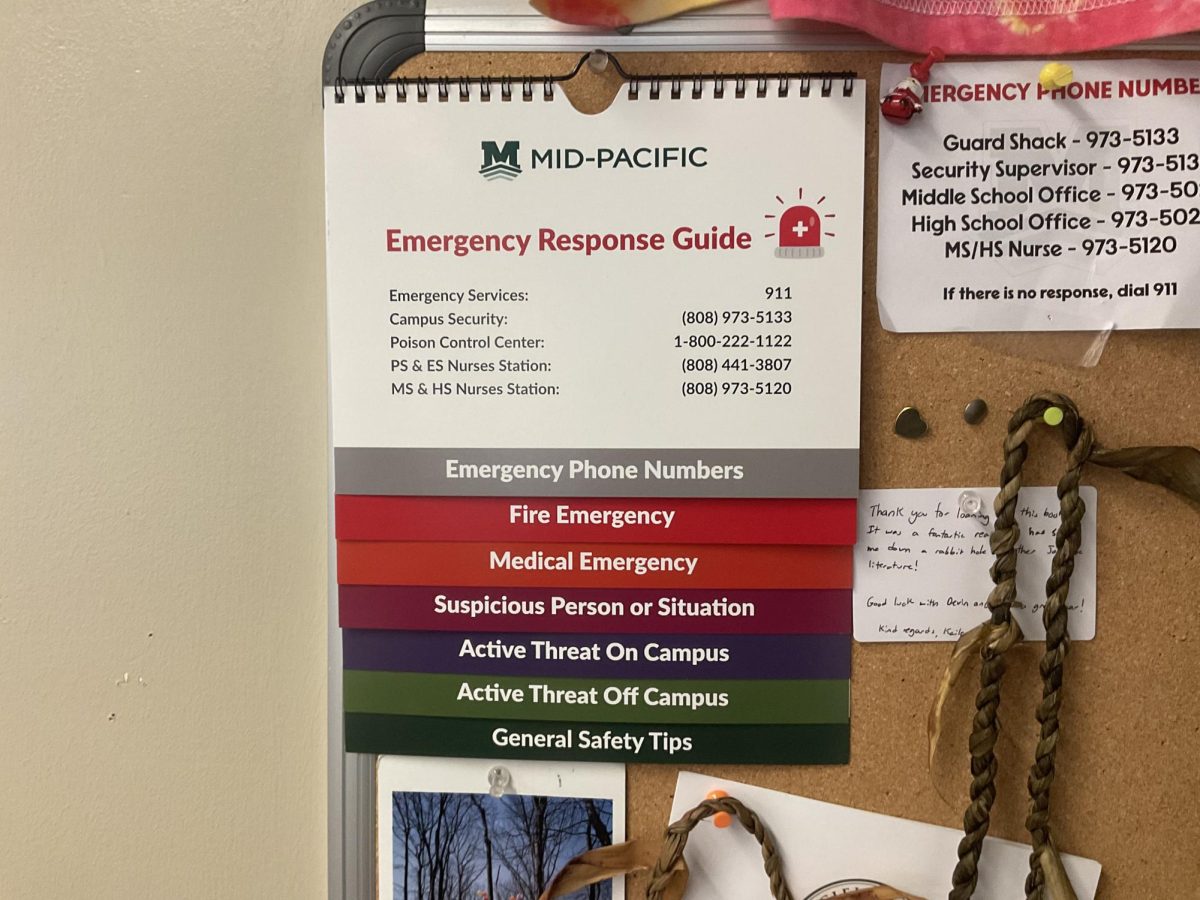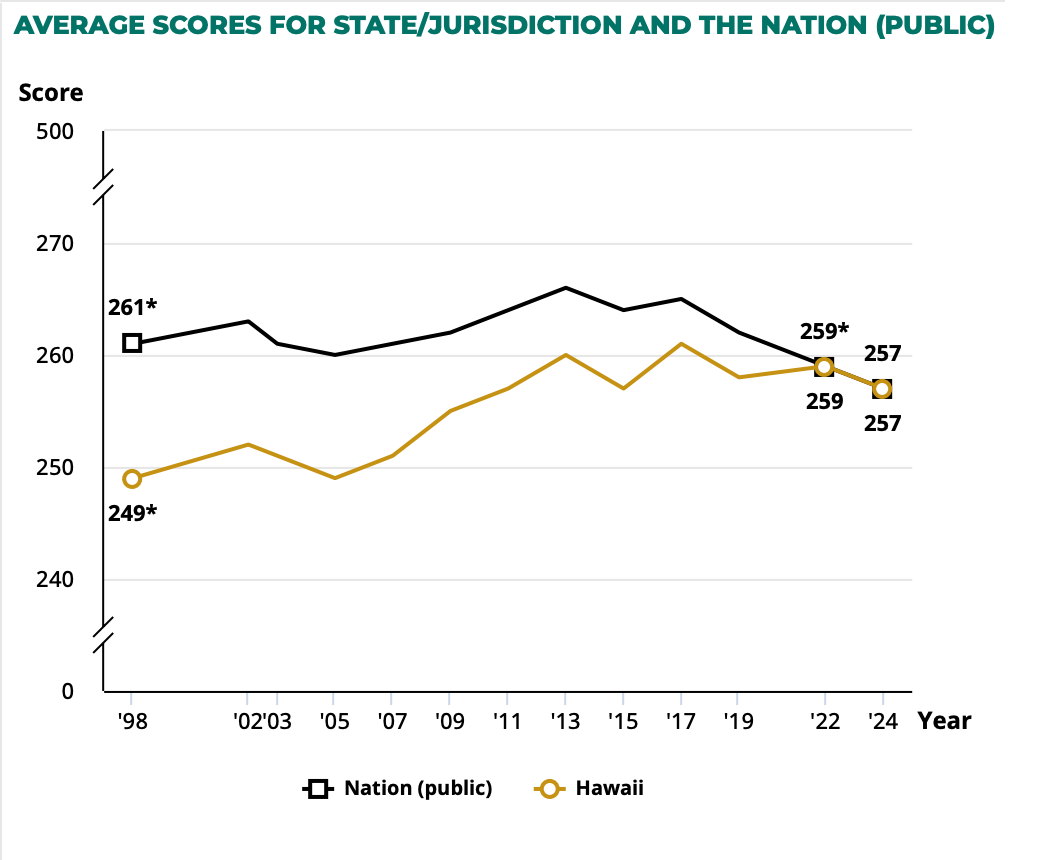Athletes, keep your minds healthy
October 22, 2019

I am an athlete, just like most of you reading this. Being an athlete is strenuous. Two or more hours a day are spent practicing after school, then you must go home, shower, eat, and then finally you can start your homework at 8:30 p.m. at the earliest. Athletes today are held at such a high standard. We are forced to perform at a high level, maintain a certain weight, achieve high grades, and balance interpersonal relationships.
Let’s face it: being a student-athlete is a full time job.
In 2012 after the Olympics, Sports Illustrated wrote a story about Michael Phelps and his struggle through depression and anxiety. After taking home four gold and two silver medals in London, Phelps fell into a state of depression and anxiety. He spent most of his days lying in his room unable to eat or sleep. In his darkest moments, Phelps talked about contemplating suicide.
Athletes are often looked over when it comes to mental health awareness. Because there have been countless studies have shown that exercise decreases risk of depression and anxiety, you would never expect an athlete to be depressed since all they do is exercise. However, nearly one in four athletes struggle with a mental illness. Athletes are often told, “stop being dramatic” or “shake it off,” but it becomes almost impossible to work through these illnesses without the help of others. It becomes even more dangerous because there is no physical appearance of a mental illness. Athletes can hide their illness with something as simple as a smile.
Phelps told Sports Illustrated that his condition started to improve after he began to talk to people about how he was feeling and now has a foundation that helps stress management and mental health. He told Sports Illustrated that helping people in this way was way more powerful for him than his Olympic achievements.
No matter what sport you play, you are still a human being which means you could be susceptible to mental illnesses. Many athletes are too scared to tell someone about how they are feeling because they believe that they can work through it or it isn’t as bad as it really is. Whatever you are feeling, you have to reach out to someone for help. If you keep your feelings or your stress inside, it can build up and become detrimental and possibly life altering. If you are an athlete who may be suffering with a mental illness, please reach out to parents, counselors, or even friends.
Just don’t try to go it alone.






